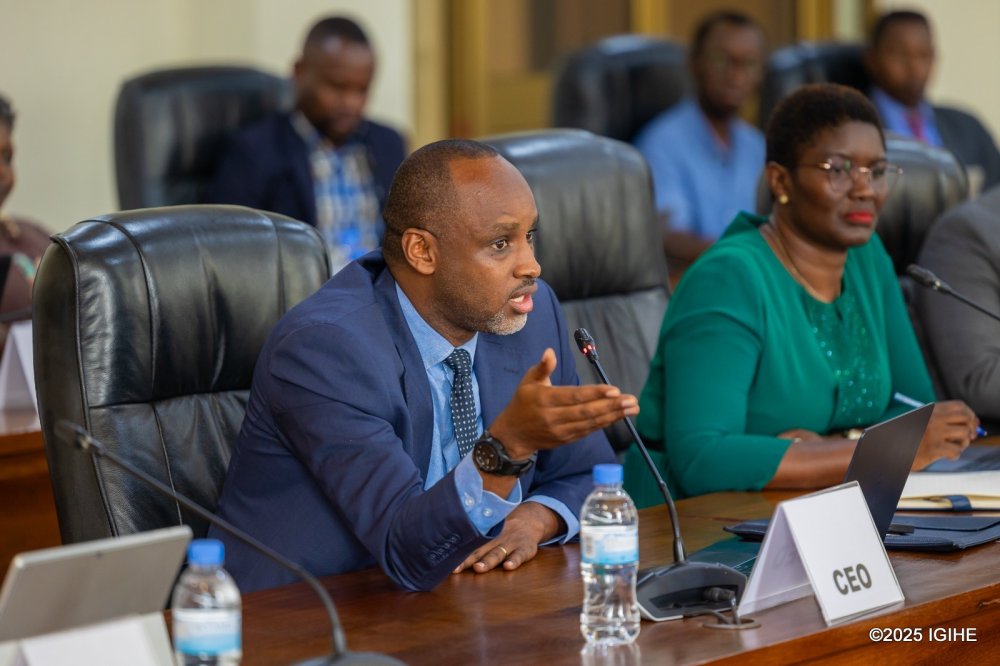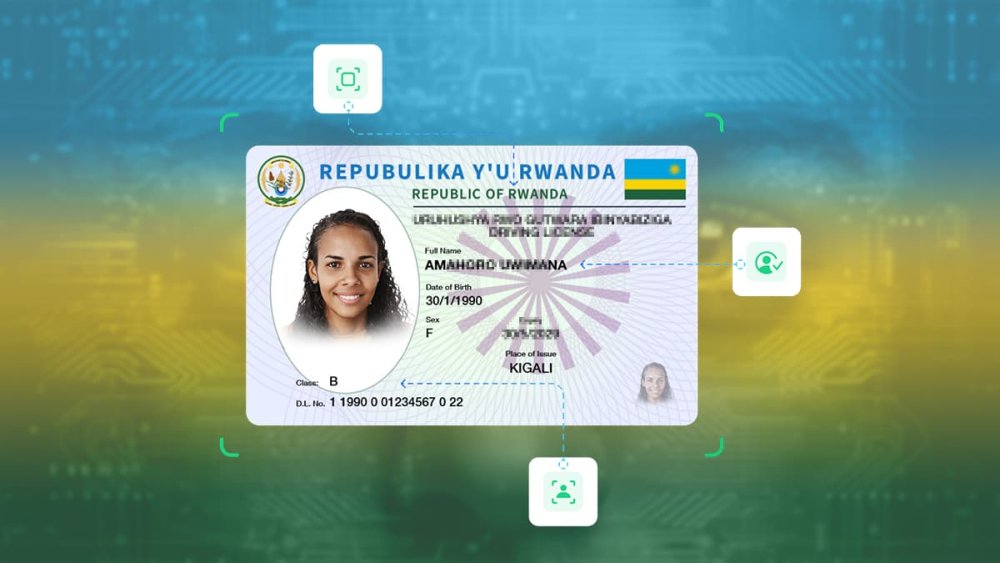Kigali, Rwanda the Government of Rwanda has announced that it is in the final stages of implementing a national digital identity system, expected to go live within the next three months. The initiative, which forms part of the Rwanda Digital Acceleration Project, aims to modernize citizen identification while empowering individuals to manage their own personal data.
The Rwanda Information Society Authority (RISA) issued the update during a public response to concerns raised in the Auditor General’s 2024 report. RISA’s Director General, Innocent Muhizi, confirmed that the delayed phases of the project had been resolved and that pre-enrollment activities are set to begin soon.

“In the next three or four months, we will launch the pre-enrollment exercise. Data collection will start under the leadership of NIDA \[National Identification Agency],” Muhizi explained.
The new digital ID will capture more biometric features than the current physical ID system. Unlike the traditional ID card which only required two fingerprints, the new system will register all ten fingerprints and iris scans, enabling contactless verification for financial and government services.
“With this new technology, someone could open a bank account remotely without being physically present by verifying their identity through biometrics,” added Muhizi.
The system will also be integrated into smartphone applications, allowing users to approve transactions or service access in real-time using fingerprint or eye-scan verification.
A Lifelong Identity Starting at Birth
Josephine Mukesha, Director General of NIDA, added that beginning July 2025, Rwanda will start collecting biometric data from birth, effectively ending the current practice of issuing IDs only from the age of 16.
“Biometric markers will be collected from infants, though actual IDs will still be issued later. The new ID will exist in three forms: physical, digital, and a hybrid,” Mukesha said.
The new system will also enable customized data visibility. Citizens can decide what information is displayed depending on the service requested. For example, proving one’s age to access an age-restricted venue would not require showing full personal details like full name or ID number.
“With a digital ID, you can choose what to share. Only essential data for a particular service will be visible,” Mukesha emphasized.
Information on the digital ID will be stored in a QR code, which can be scanned to access more detailed records—based on the clearance level of the viewer.
Data Security and Consent-Driven Access
The digital ID will be stored on a user’s phone, enabling them to approve who can see what data. Any request to view or use one’s information will require explicit consent from the ID owner.
Mukesha noted that NIDA is currently building the supporting infrastructure for the new ID ecosystem and has emphasized the importance of data accuracy before enrollment begins.
“We need people to confirm the correctness of their current records, especially things like names and parental details. When someone applies for a document and finds errors in their identity records, it slows down the entire process,” she said.
Starting July 2025, Rwandans will be invited to verify and validate their existing records before transitioning to the new system.
Parents or legal guardians will also be required to consent on behalf of minors under 18, ensuring data rights are protected for all age groups.
“We want to include the entire population, and for minors, guardians will approve and verify information on their behalf. That’s why this has to be done at a time when families are together,” Mukesha concluded.
As Rwanda positions itself as a regional leader in digital transformation, the upcoming rollout of the Digital National ID system is expected to greatly enhance data security, ease of access to services, and government-citizen engagement.




